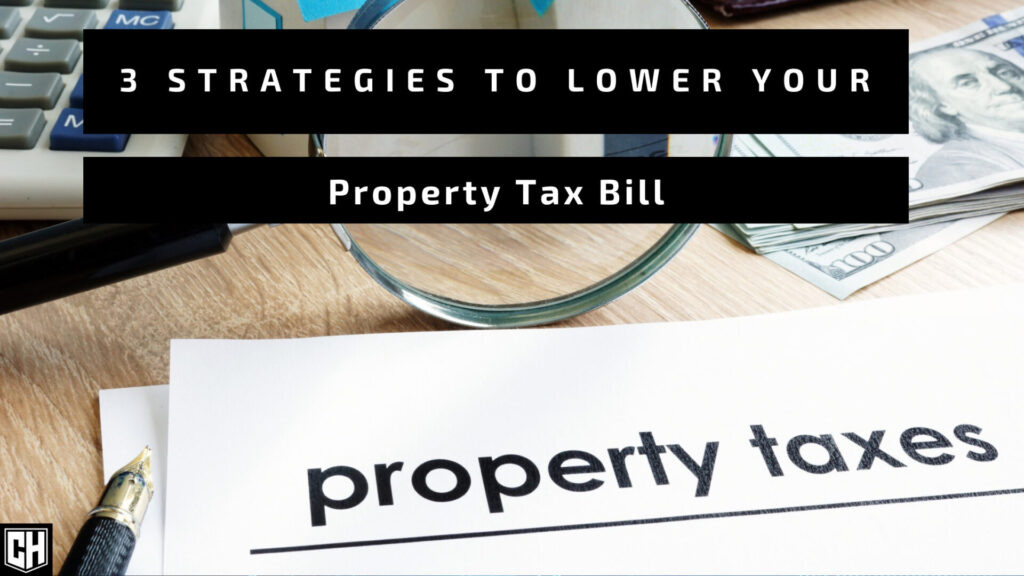|
|
Regardless of the state you live in, your property taxes are calculated by multiplying a home’s assessed value by its property tax rate. This tax rate will depend on where you live.
This figure will typically ranges from 1 to 1.5% of your home’s assessed value. Currently, New Jersey has the highest property tax rate in the U.S. at 2.21%.
Given that this can be a hefty number, how you can reduce your property tax burden?
In this article, we’ll go over the top three strategies to help you lower your property tax bill and get some rest. Ready? And action. Let’s get into it.
1. Calculating Your Tax Bill
When calculating your local tax bill, there are a few strategies you can use to lower it. First, ensure the property tax assessment on your home is accurate by checking for errors and filing an appeal when necessary.
Remember, the equation for calculating your property tax bill is:
Property tax = (value of your property) x (your tax rate)
Second, consider transferring your ownership of the property to another person or legal entity to lower your taxable income.
Third, apply for homestead exemptions and abatements such as those for seniors and veterans.
Lastly, look into local tax relief programs that may be able to provide financial assistance. By following these strategies and researching your options, you can significantly lower your property tax bill and save yourself a large amount of money.
2. Utilizing Homeowner Tax Exemptions
One of the best strategies to lower your property tax bill and make the best use of homeowner tax exemptions is to apply for homestead tax exemptions.
Depending on the state and local laws, a homestead exemption can reduce up to $50,000 of a home’s assessed value from taxation!
Furthermore, certain states may offer additional exemptions or deductions such as senior citizen exemptions, veteran exemptions, disabled person exemptions, and more.
3. Negotiating With Your Local Tax Authority
Finally, many states and localities allow homeowners to appeal their personal property tax assessments if they believe the assessments were too high or incorrect.
You have the right to file an appeal directly with your Tax Commissioner if you believe you were incorrectly assessed property taxes, penalties, or interest.
Typically, your best bet is to prove that your home has a lower fair market value than it was assessed to have.
You can do this by presenting comparable properties nearby that sold for less or by explaining why your property shouldn’t be compared to others “comps” nearby. For example, maybe your lot size is smaller or your position on the street undesirable.
Another effective approach is to contest errors in your property description.
To prepare for a negotiation, it is important to do your homework and research other properties in your area and their assessed values, as well as any comparable properties you have which have been taxed at a lower rate.
Learning About Property Tax Bills
By using these strategies, you can take the necessary steps to lower your property tax bill effectively. Start by calling your tax assessor’s office. Ask them to explain the current appraised value of your property and then request information on their process for appealing it.
With this information, you can be on your way to reducing your property taxes.
Did you find this article helpful? Explore the Real Estate Section of this site for more.
